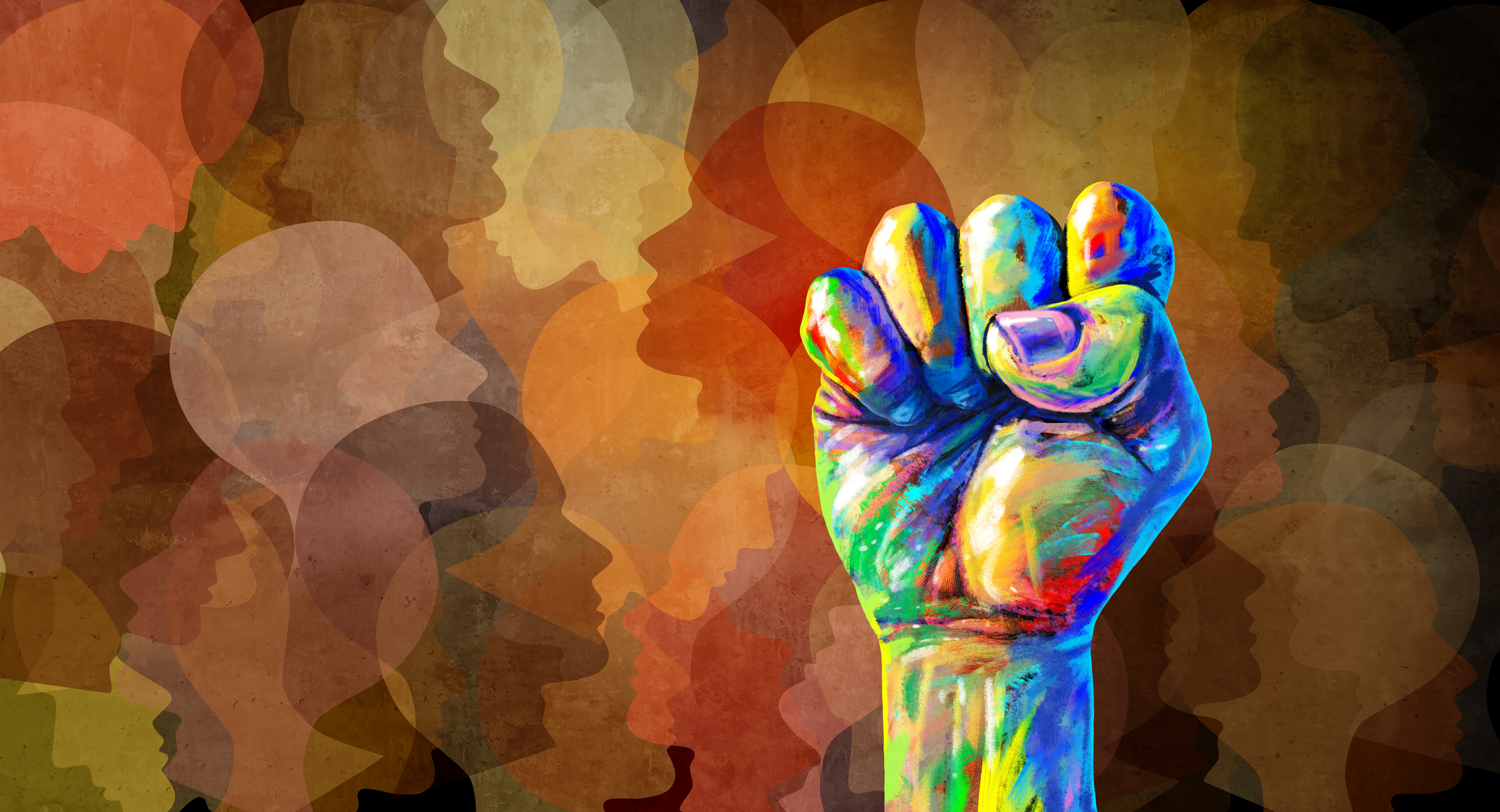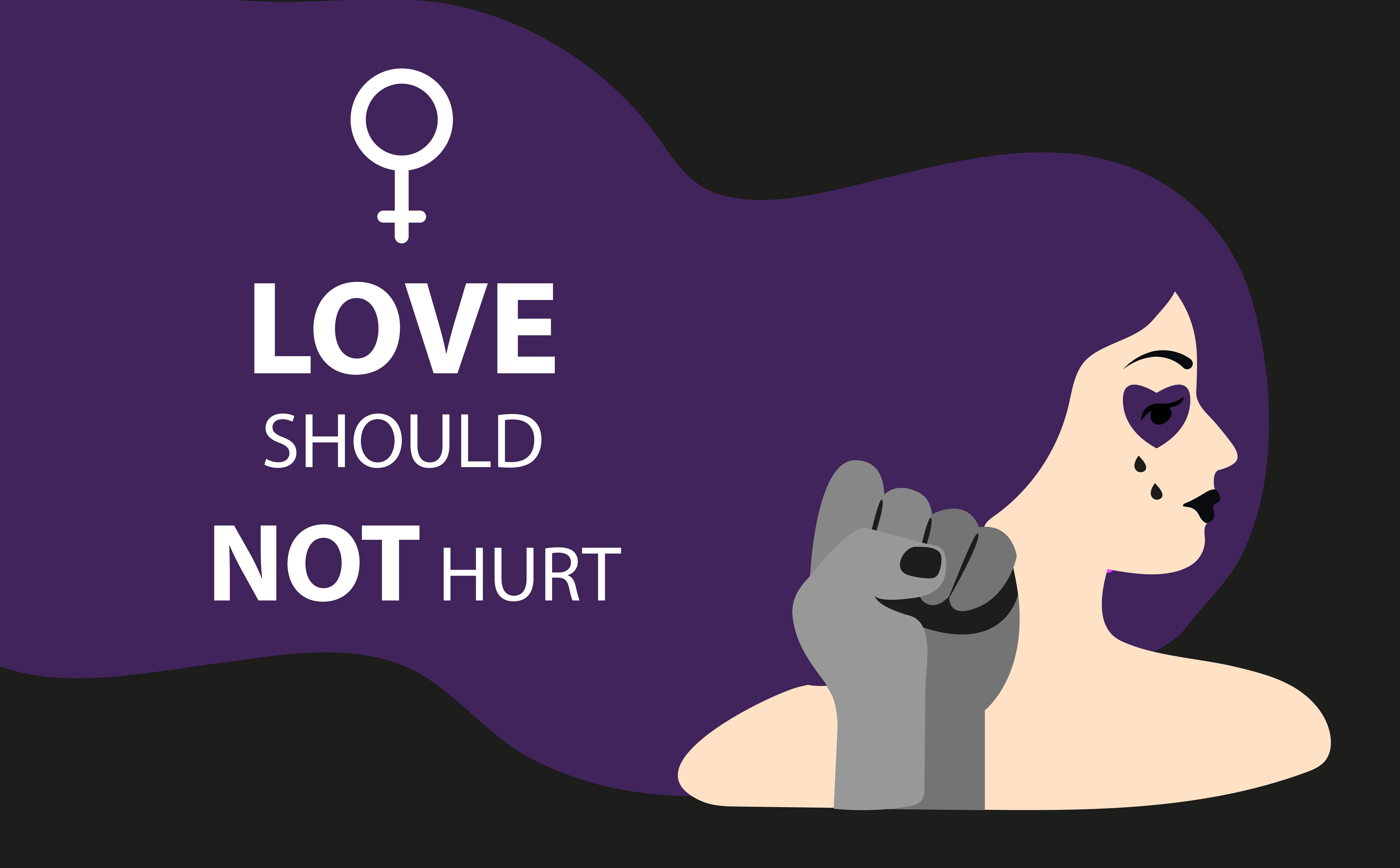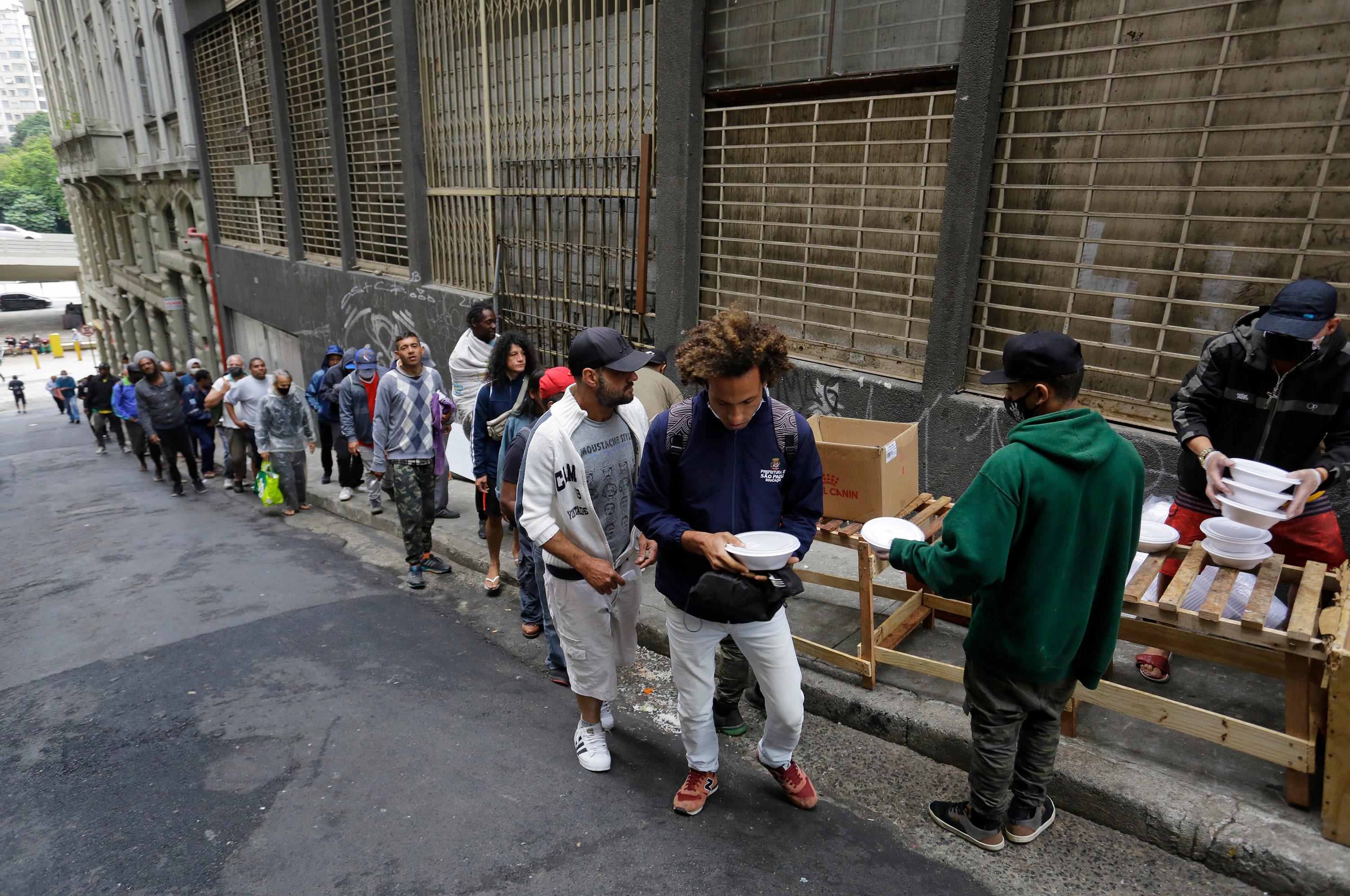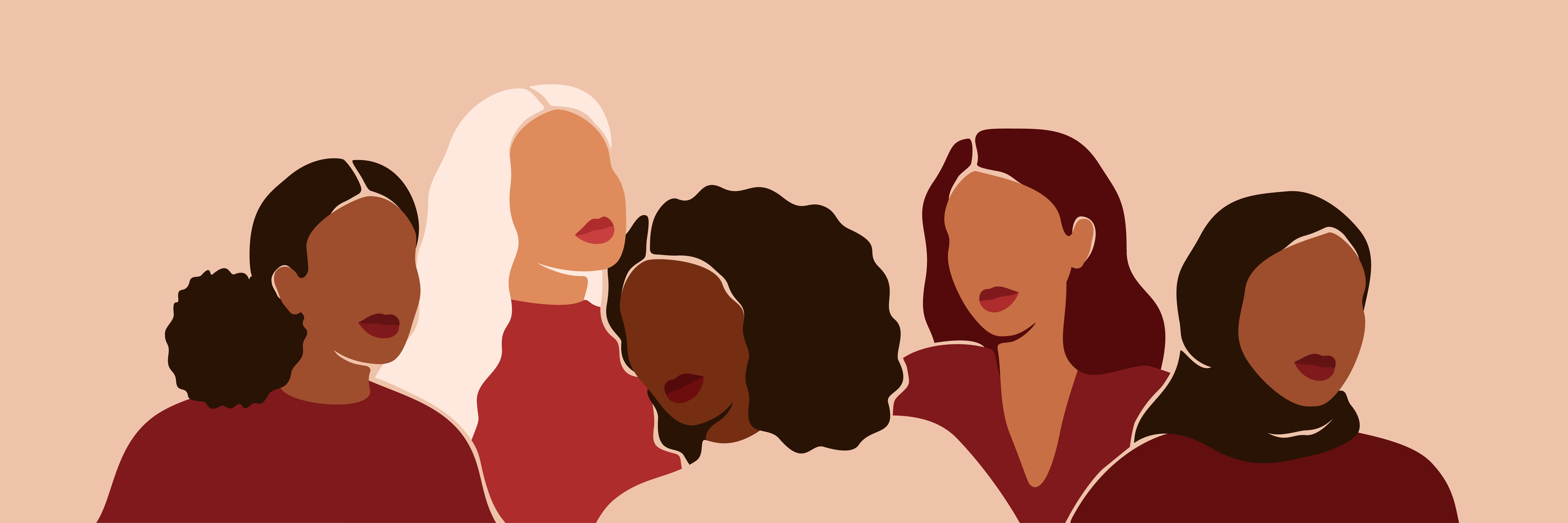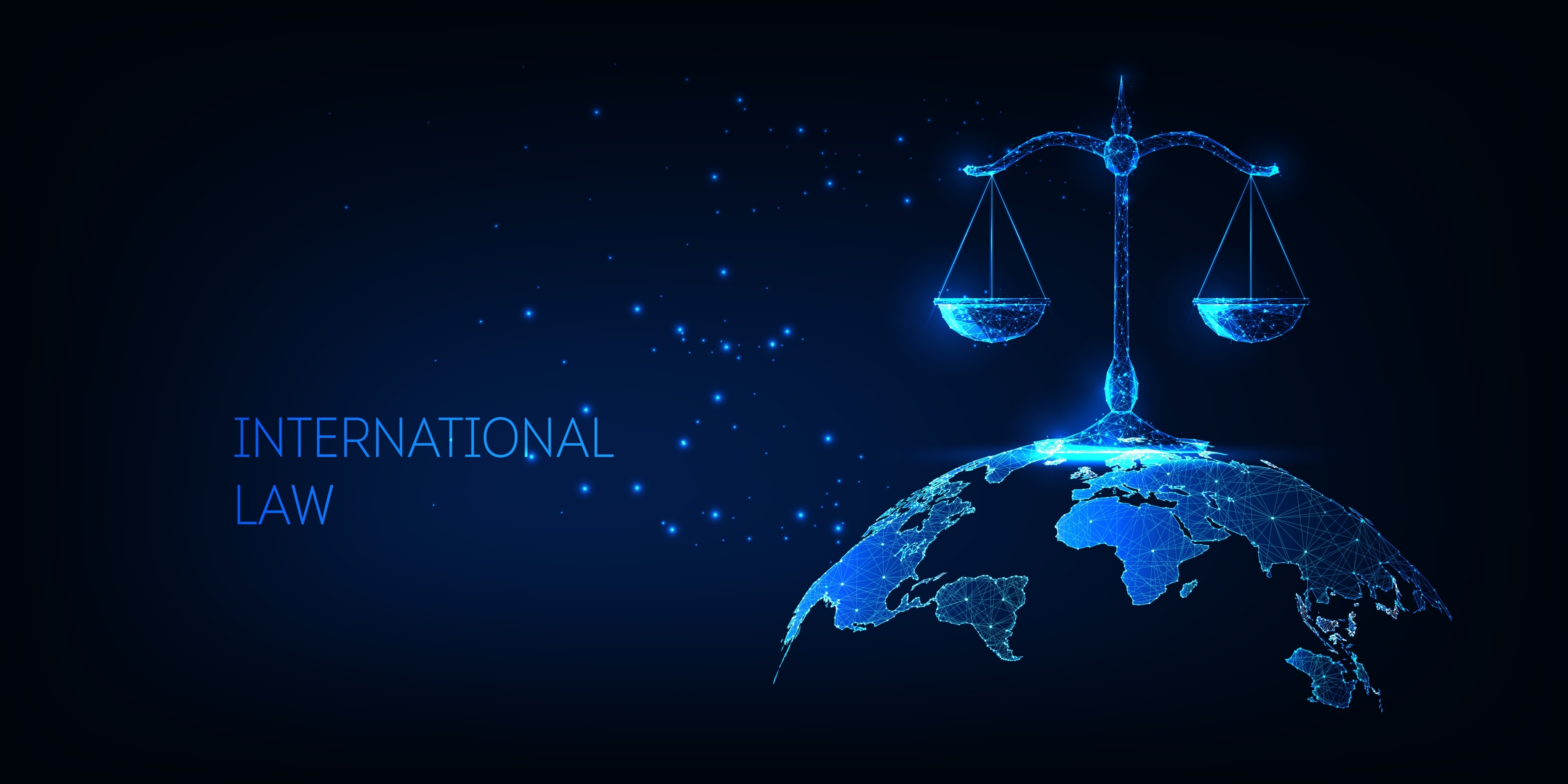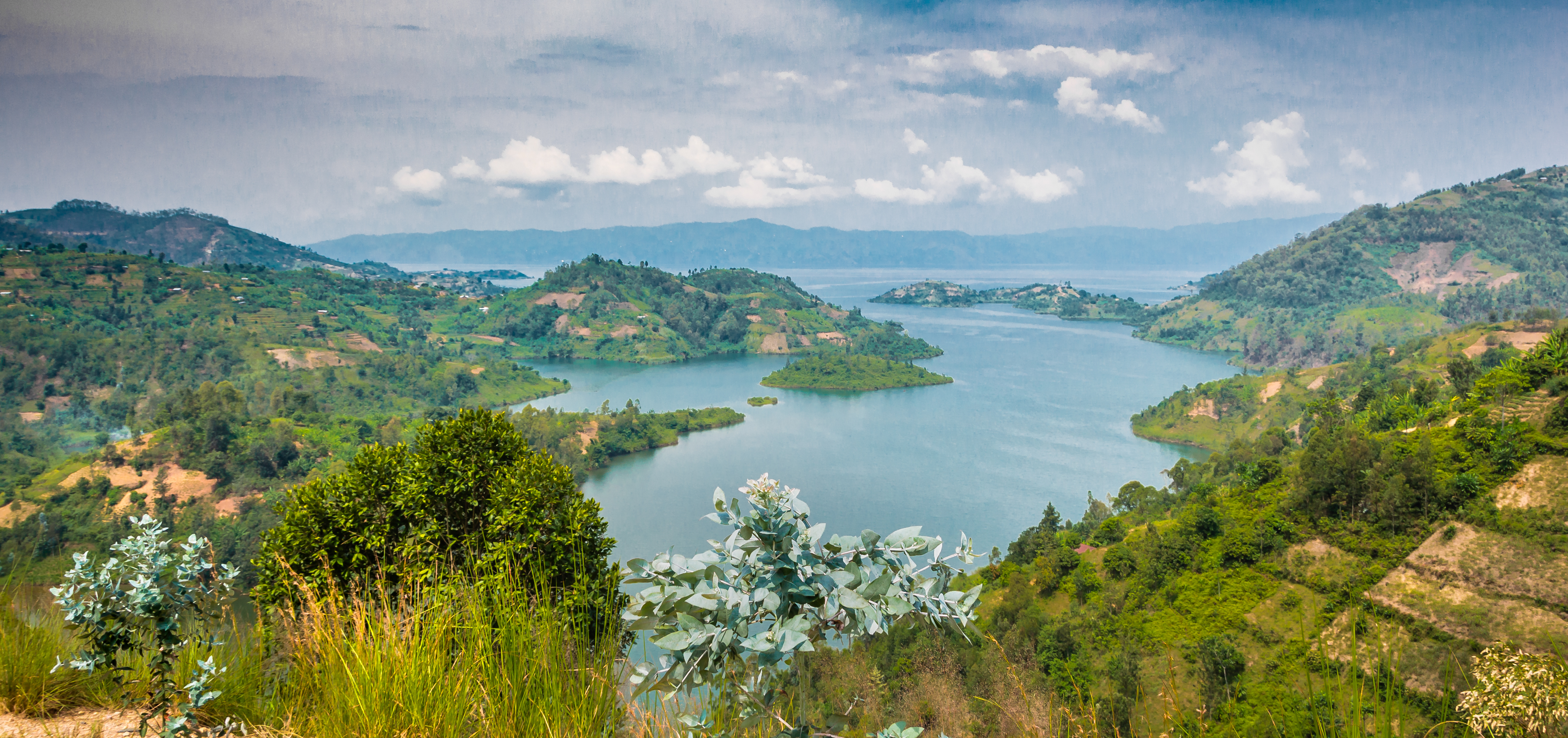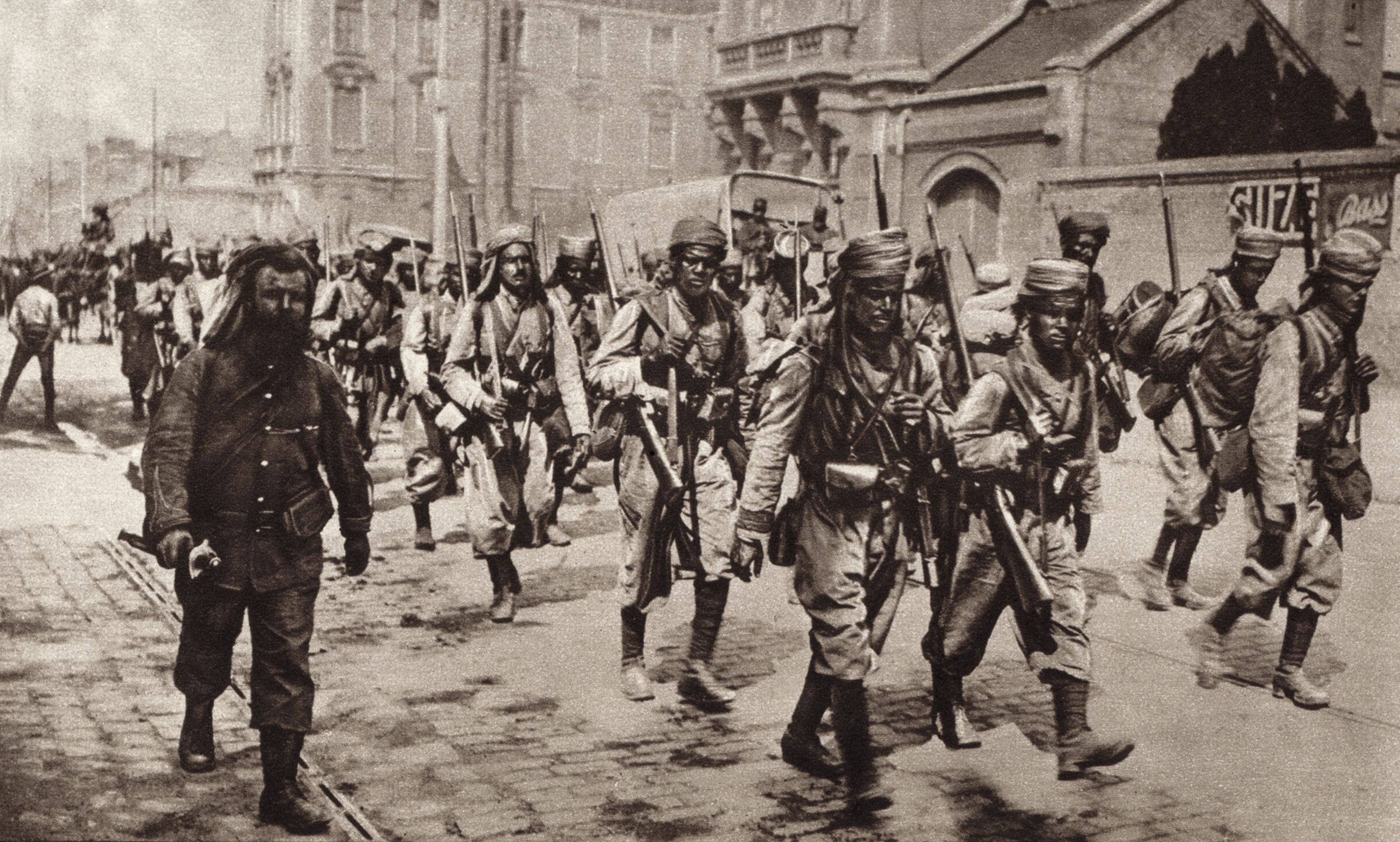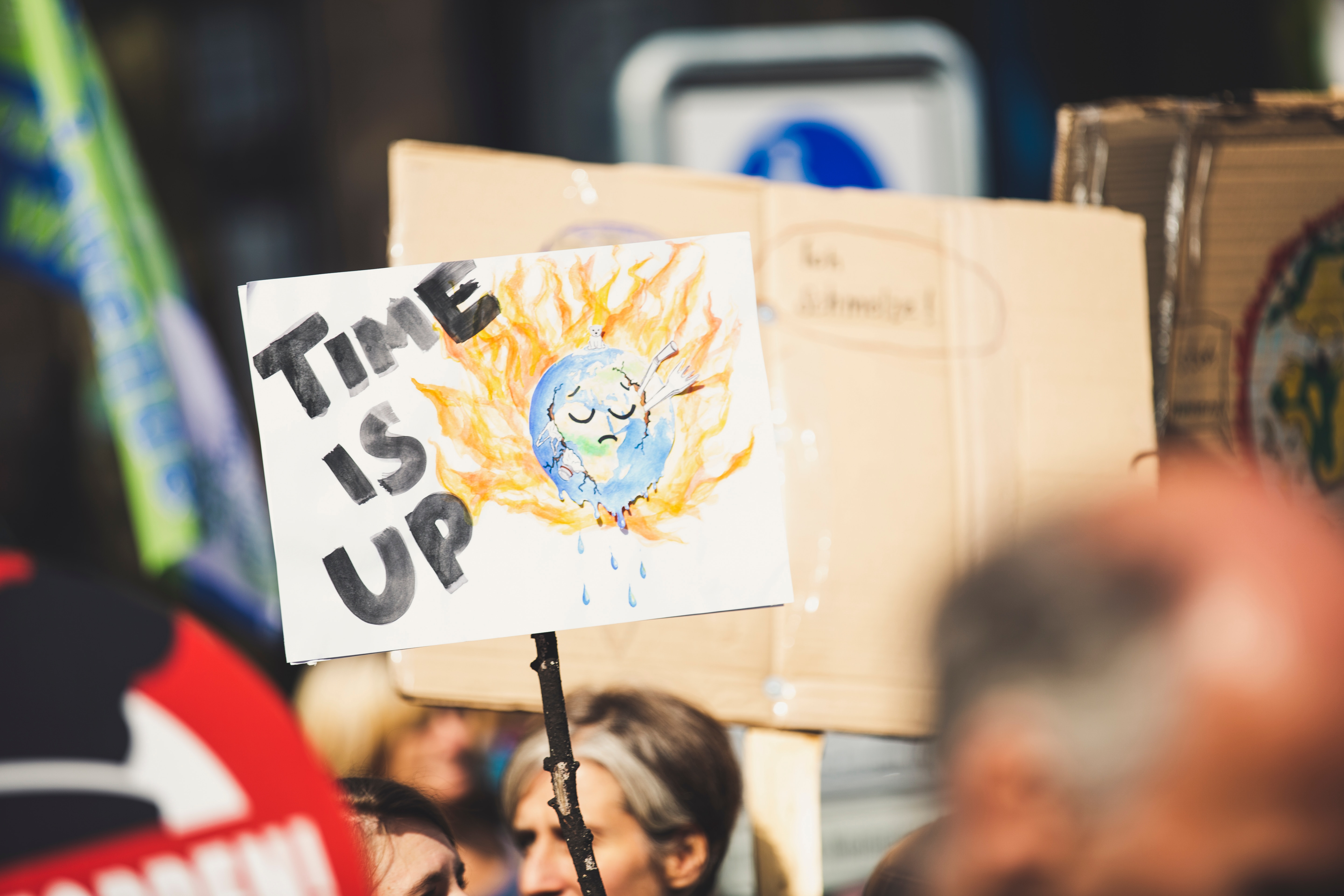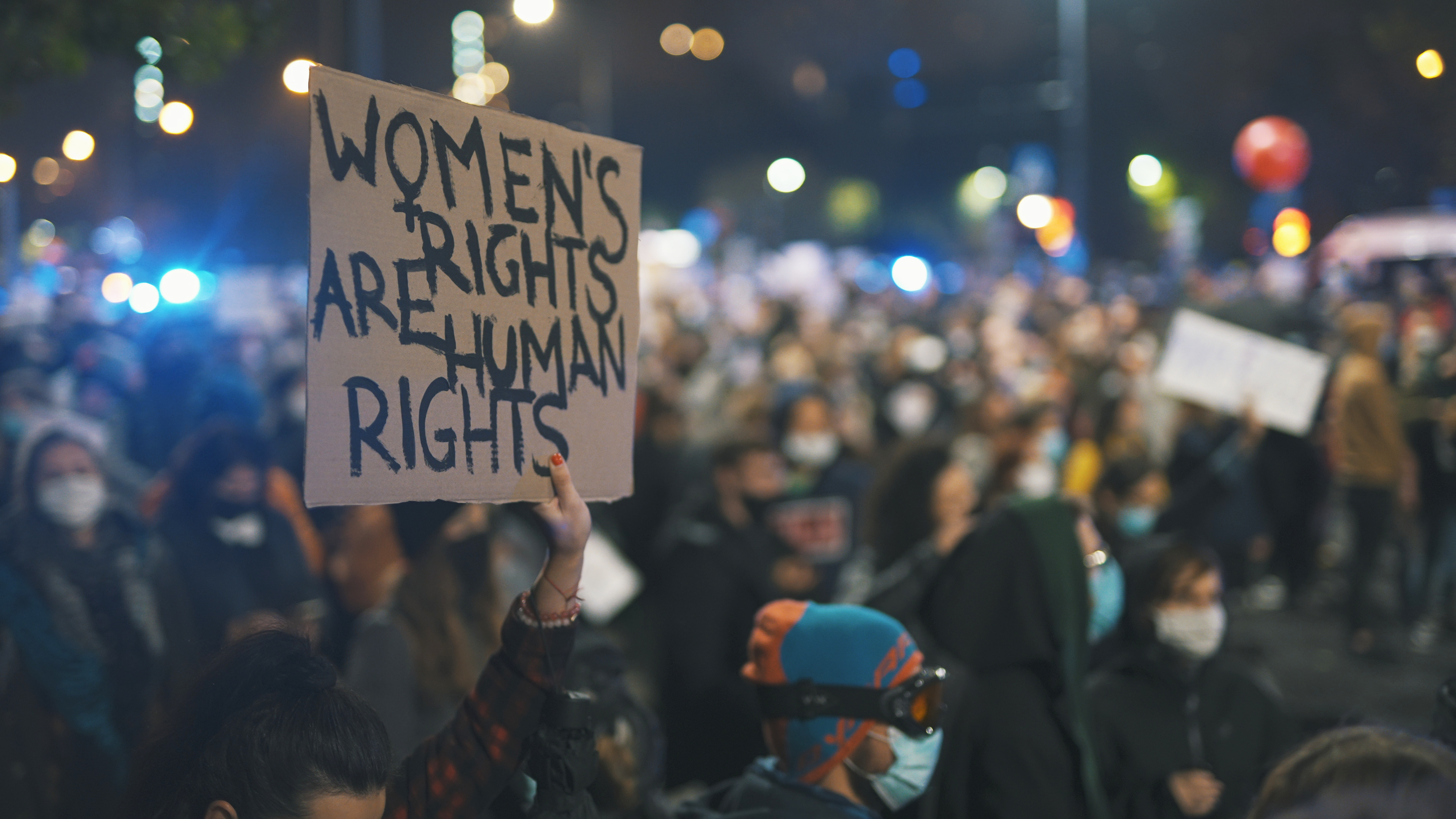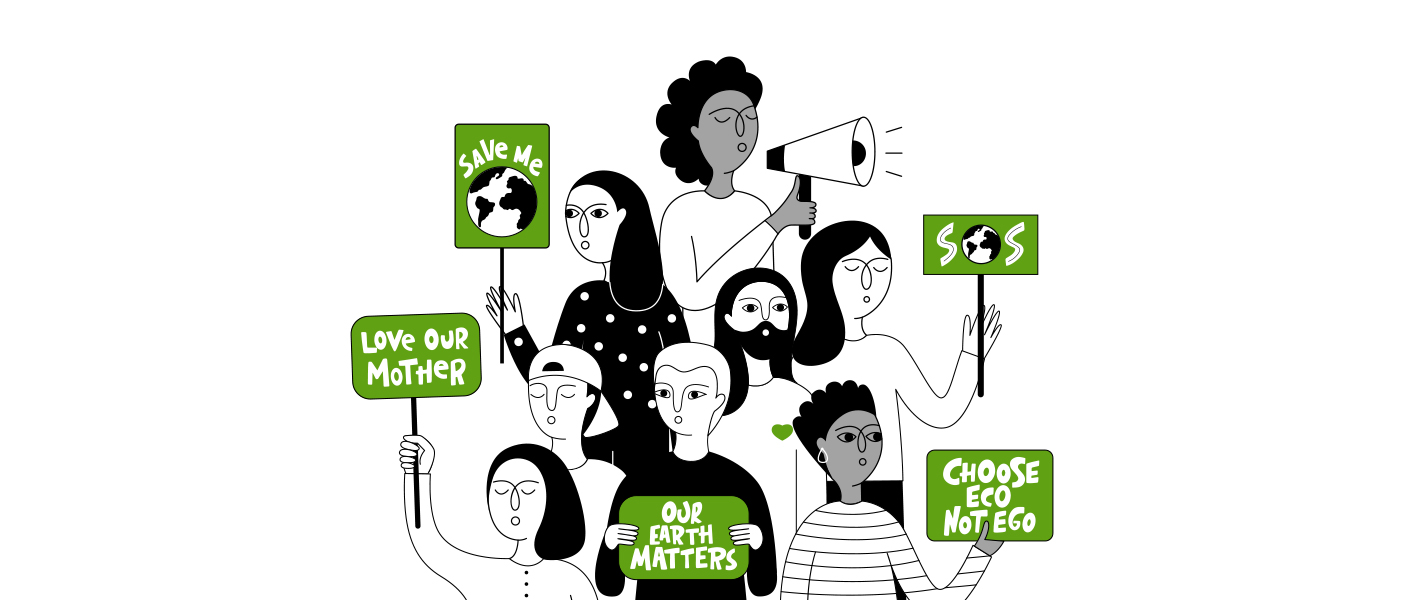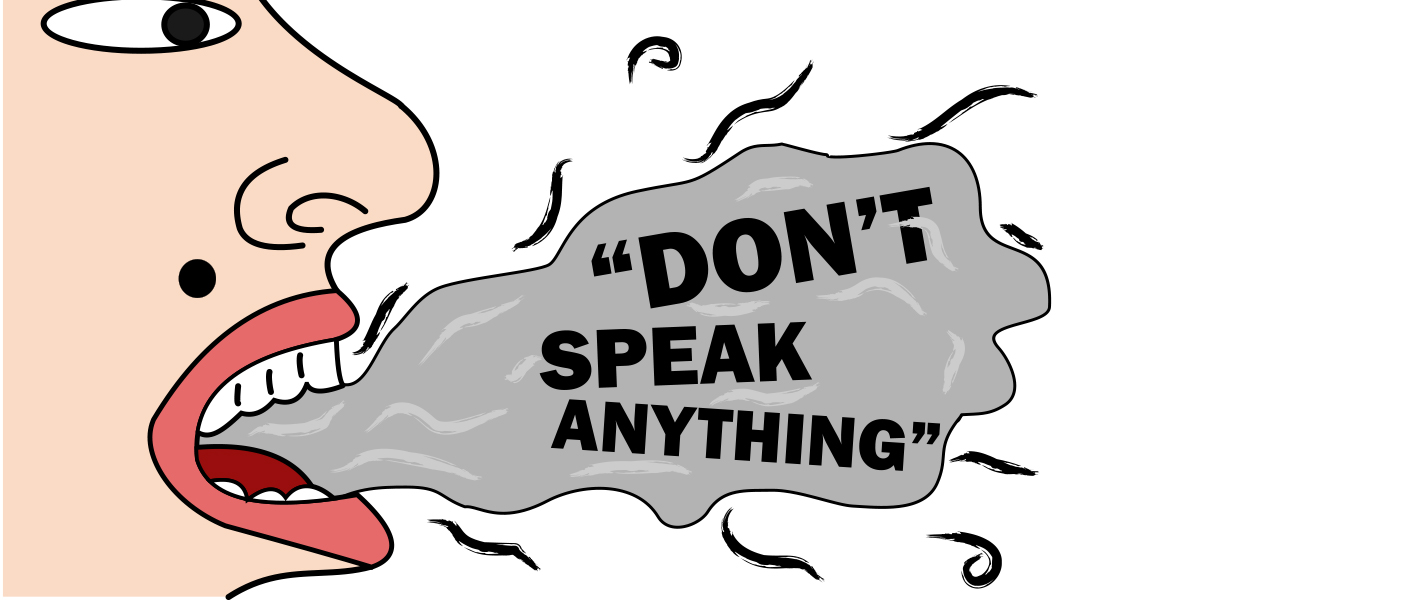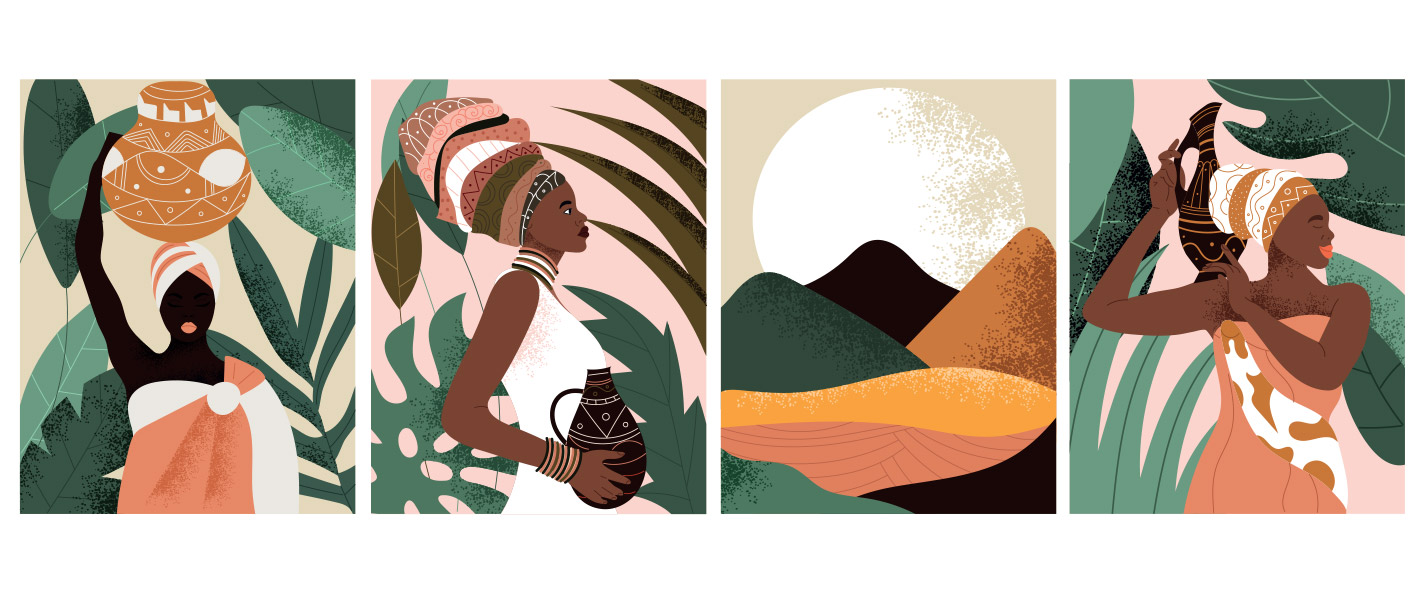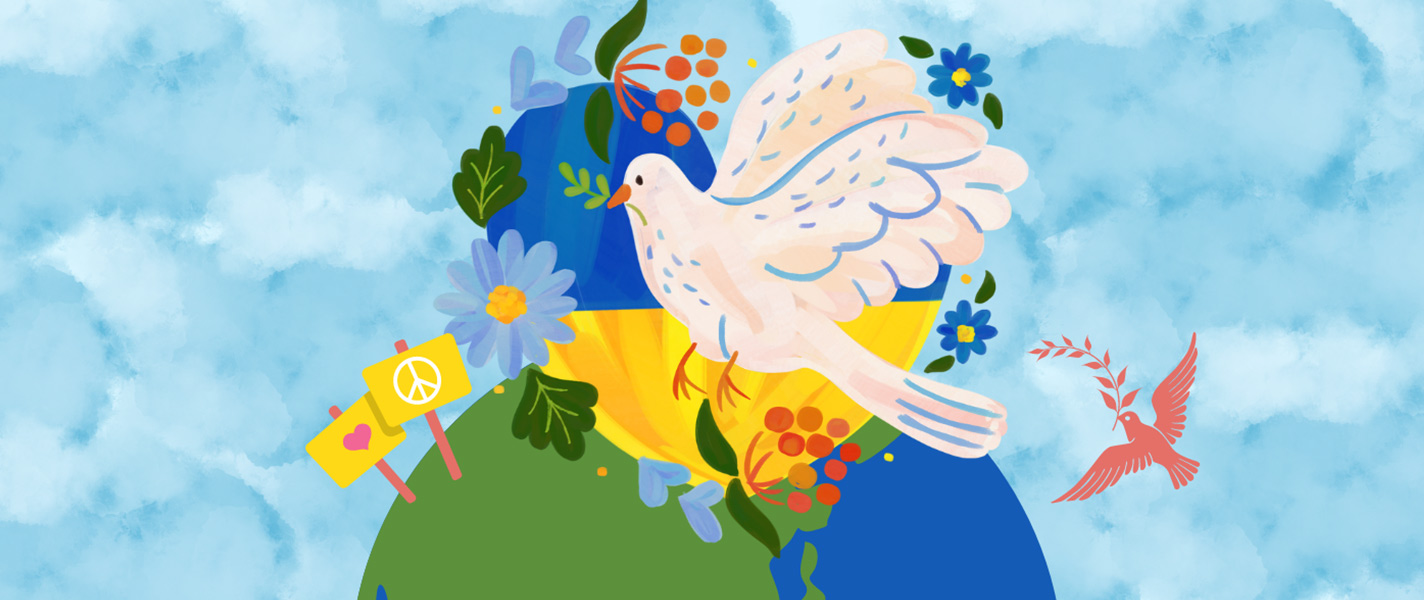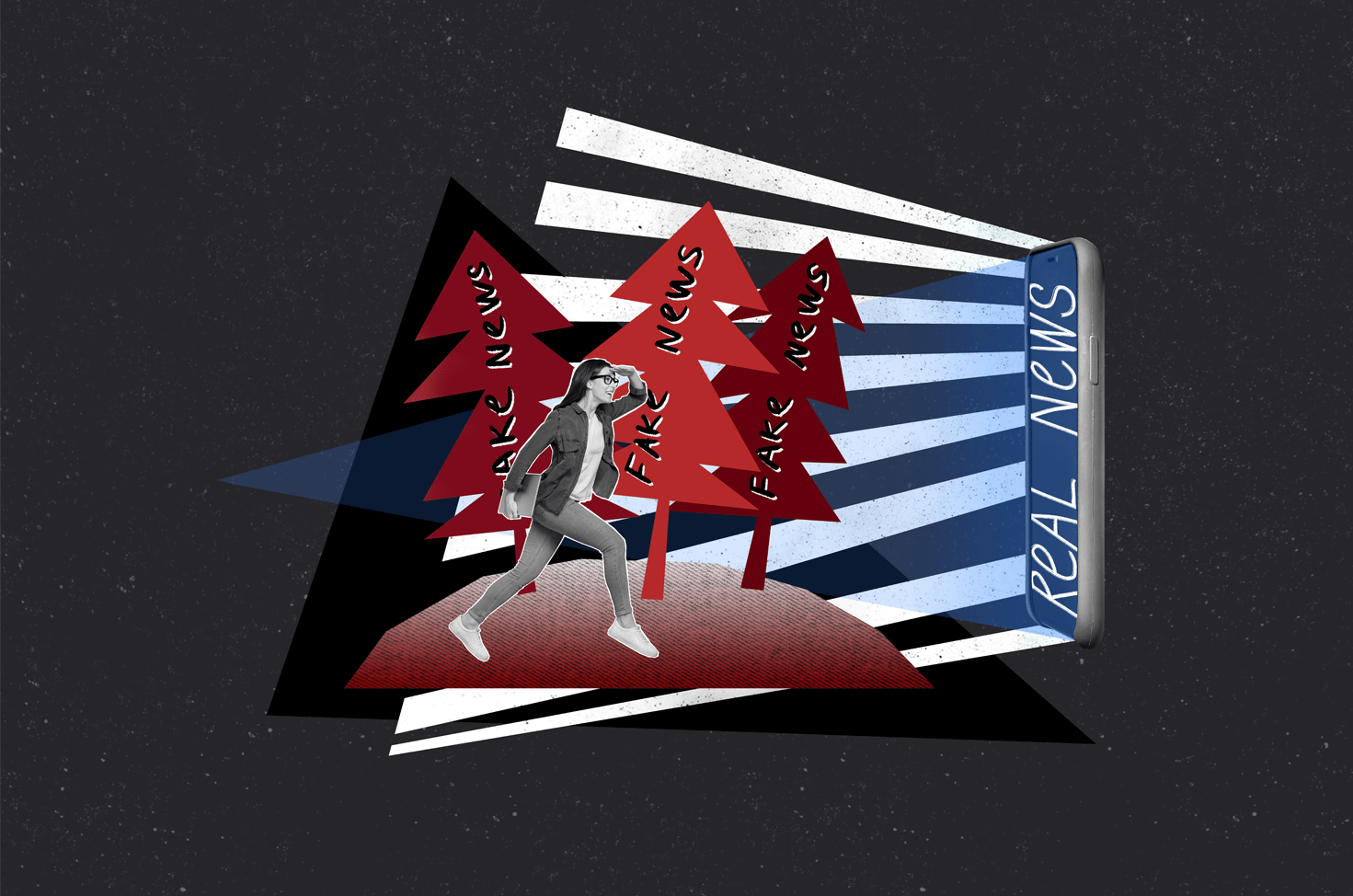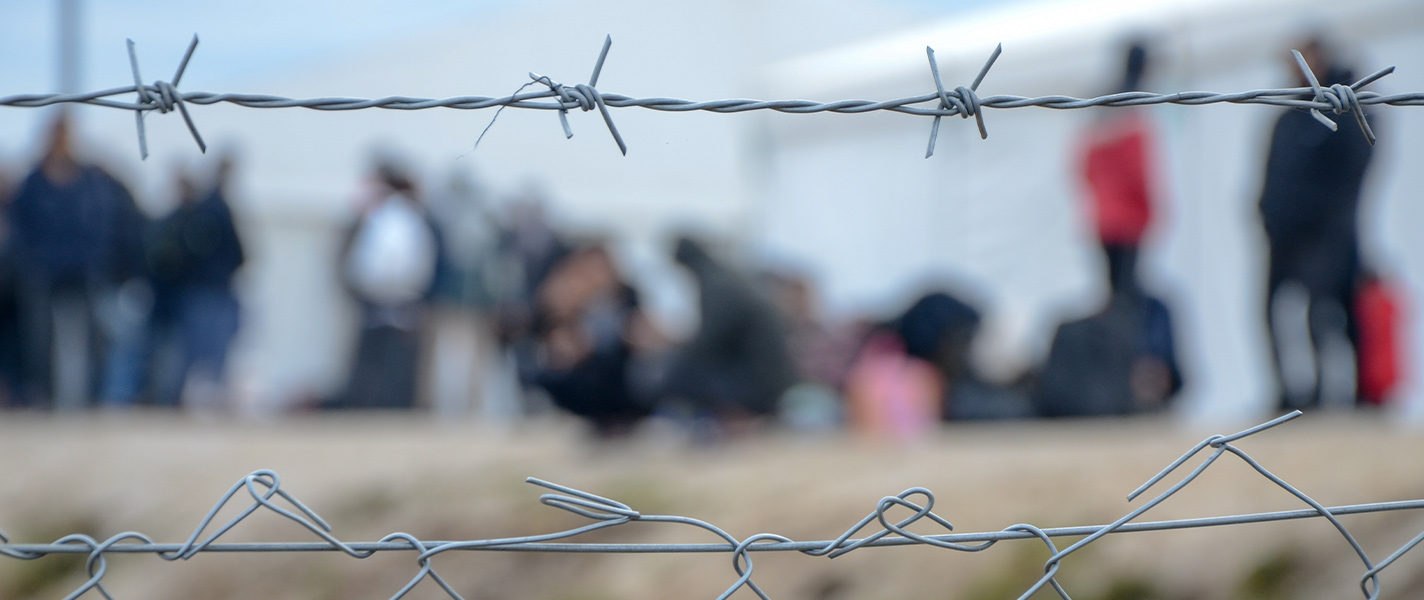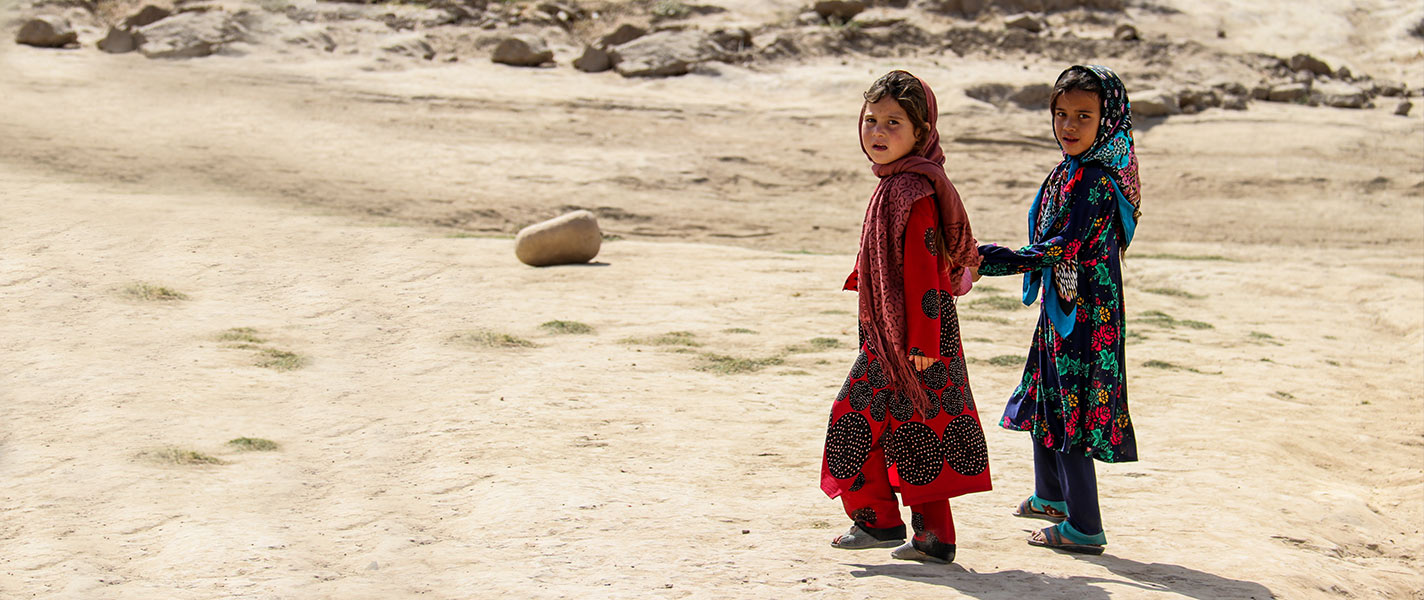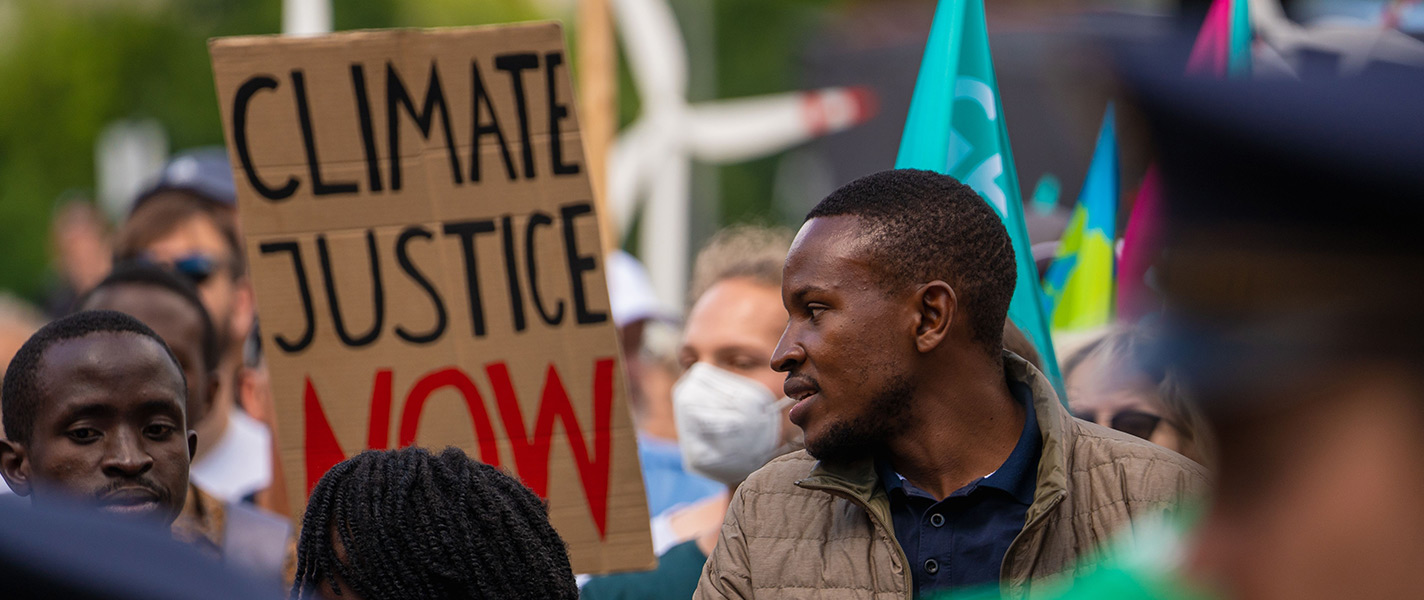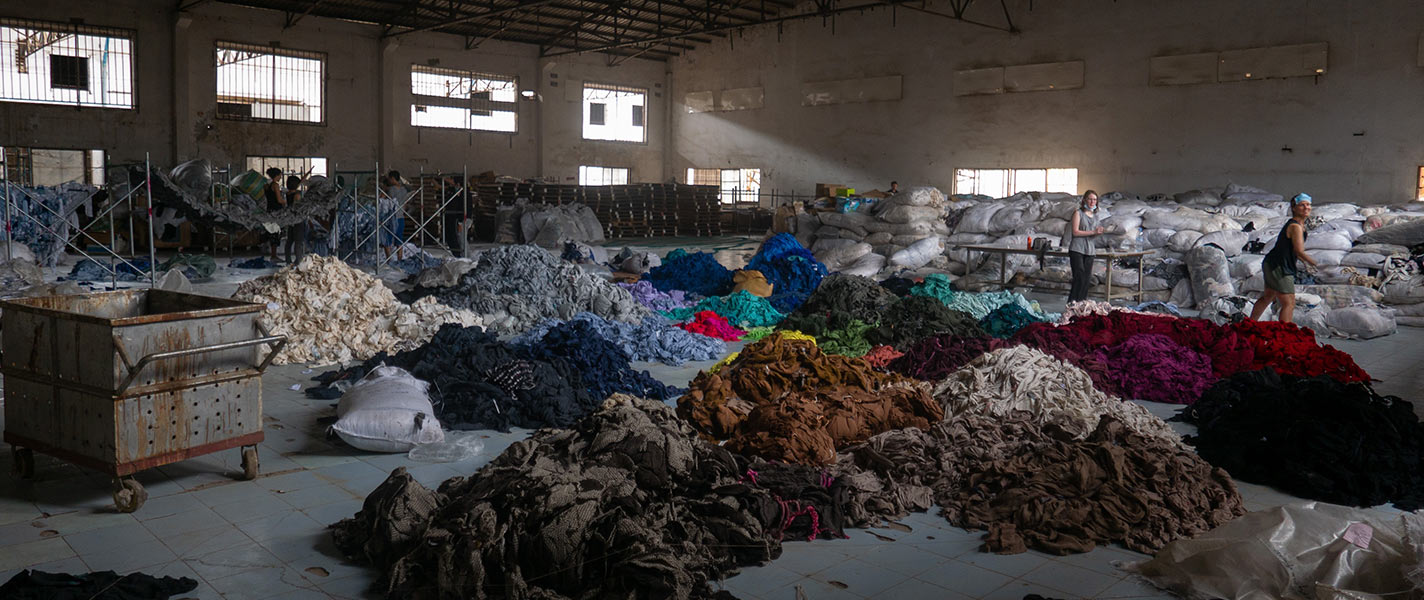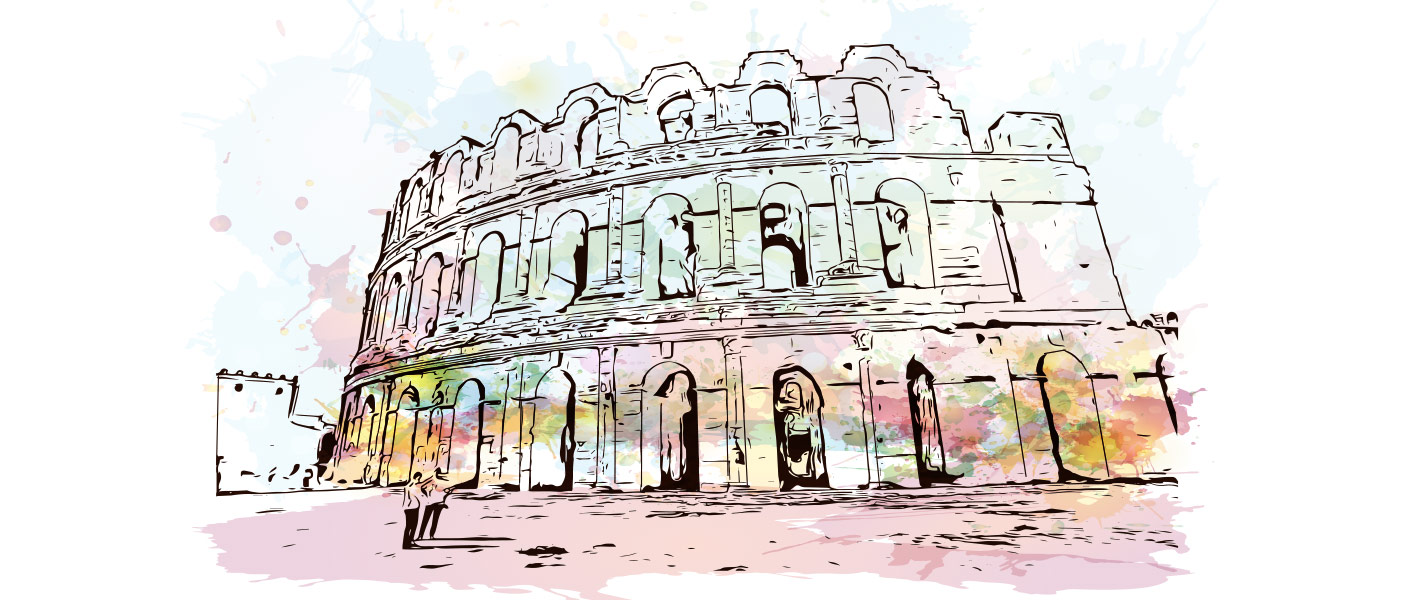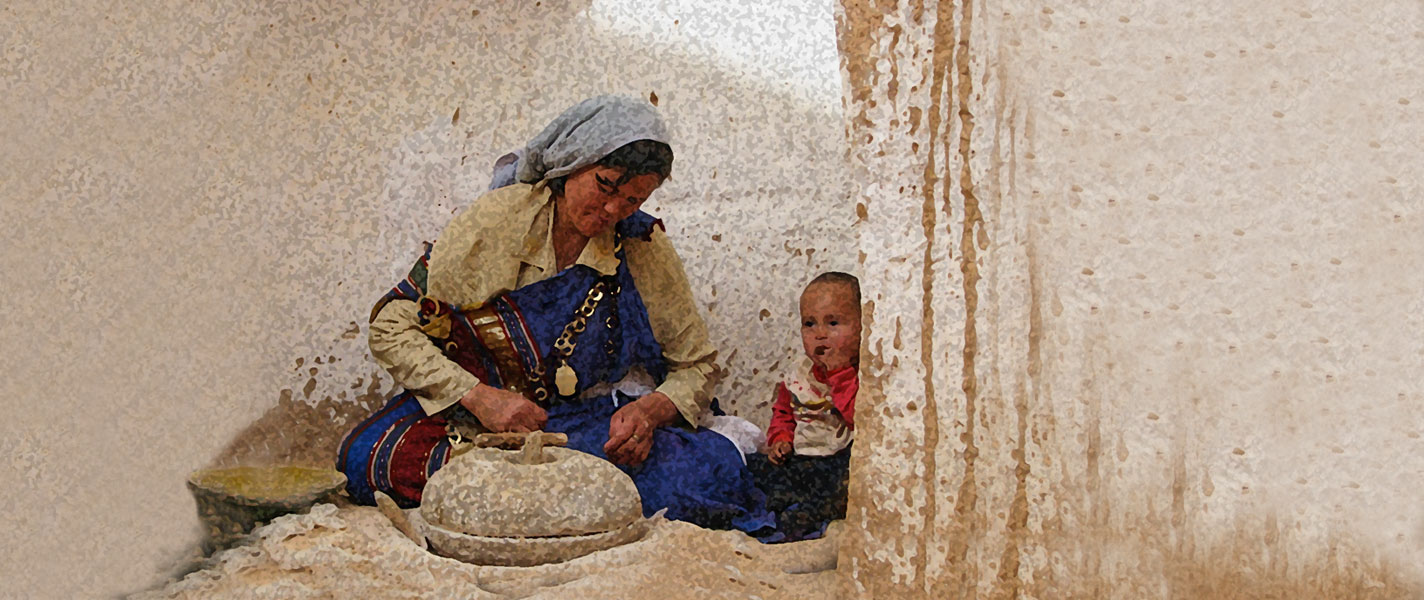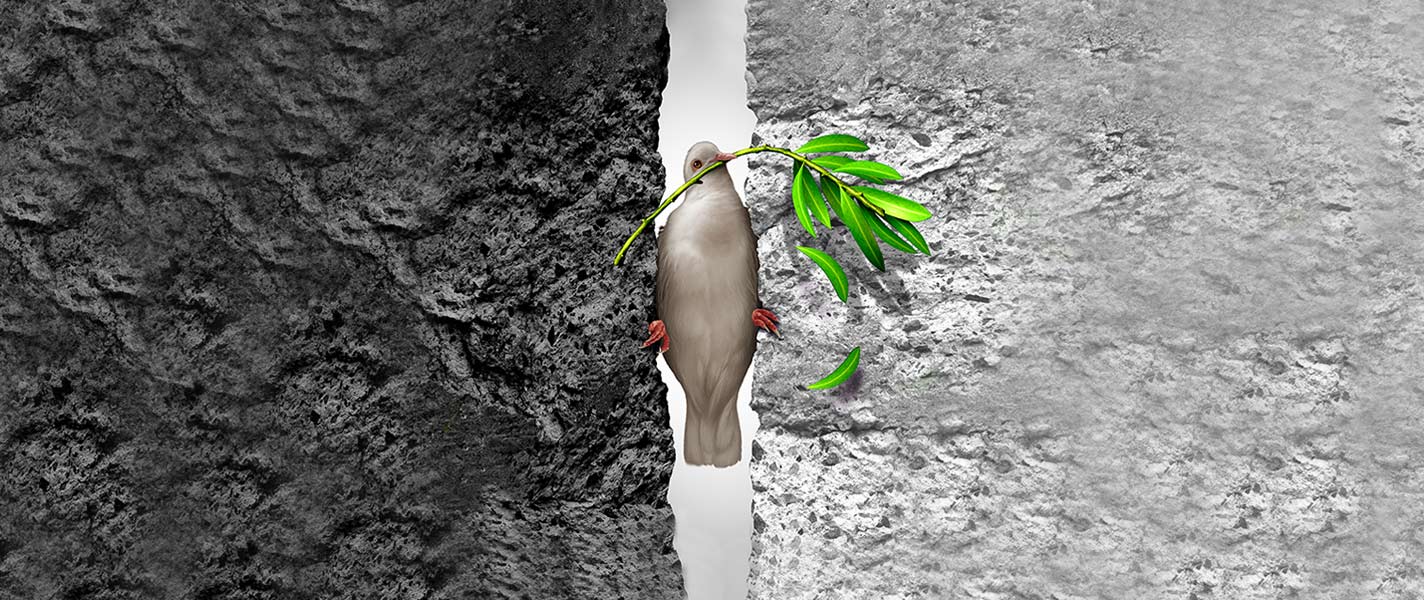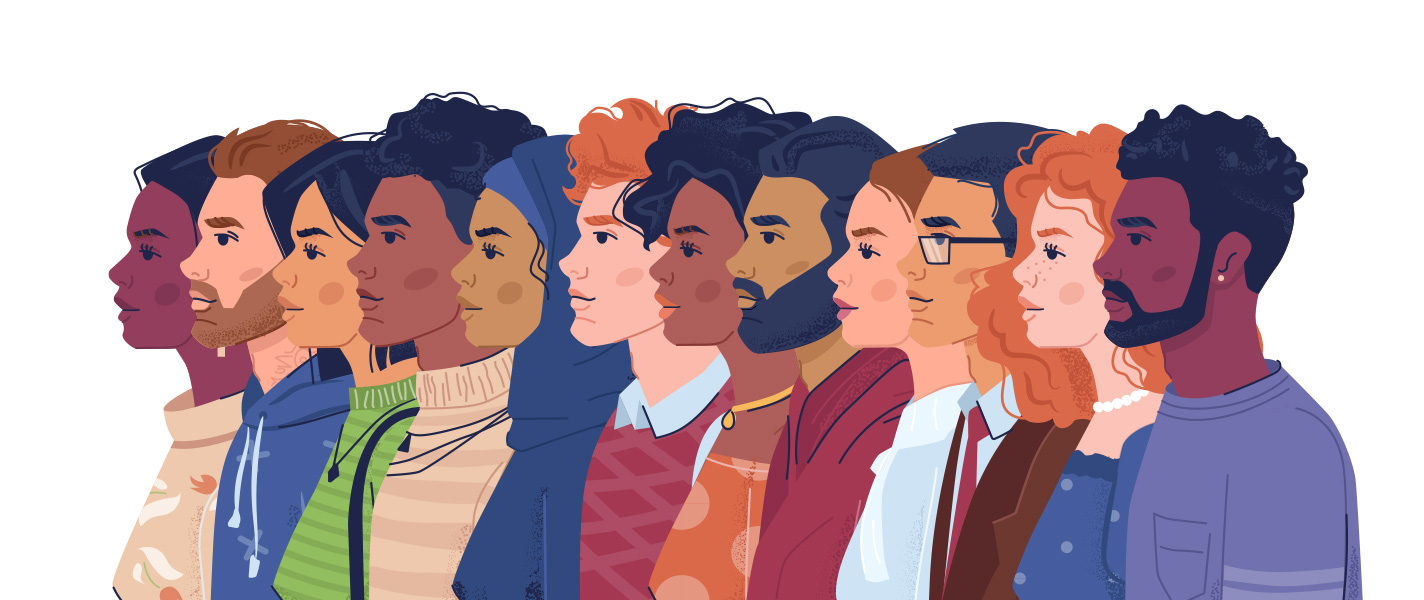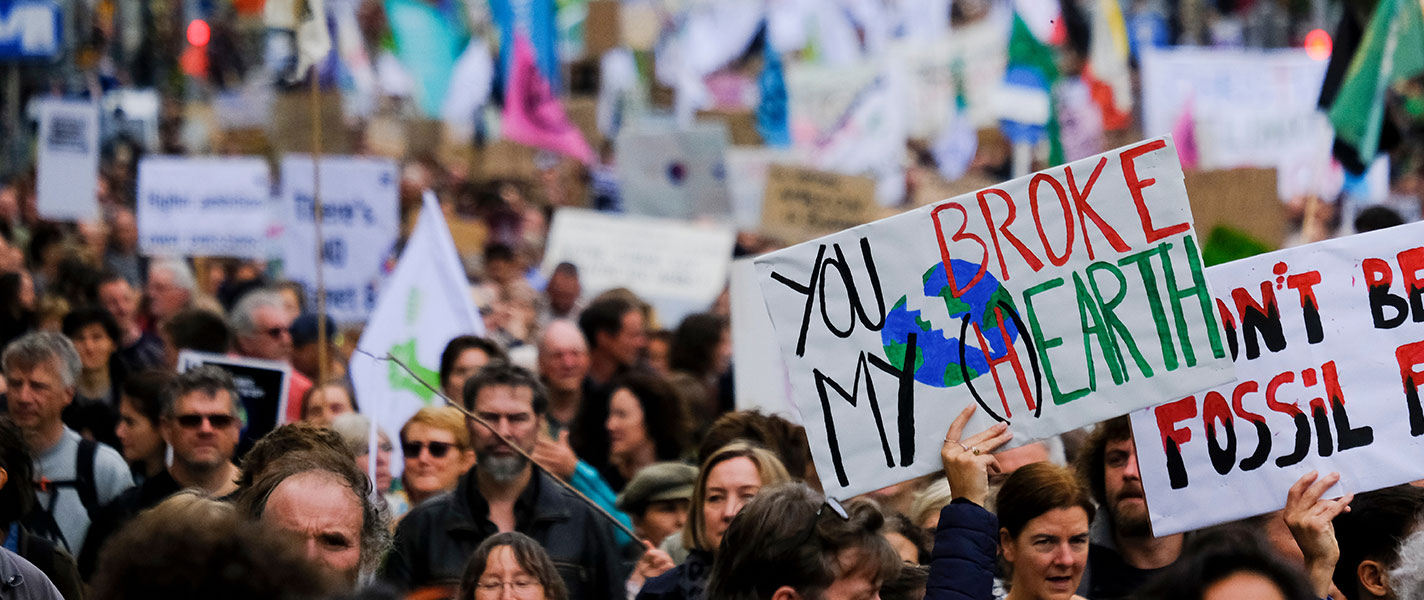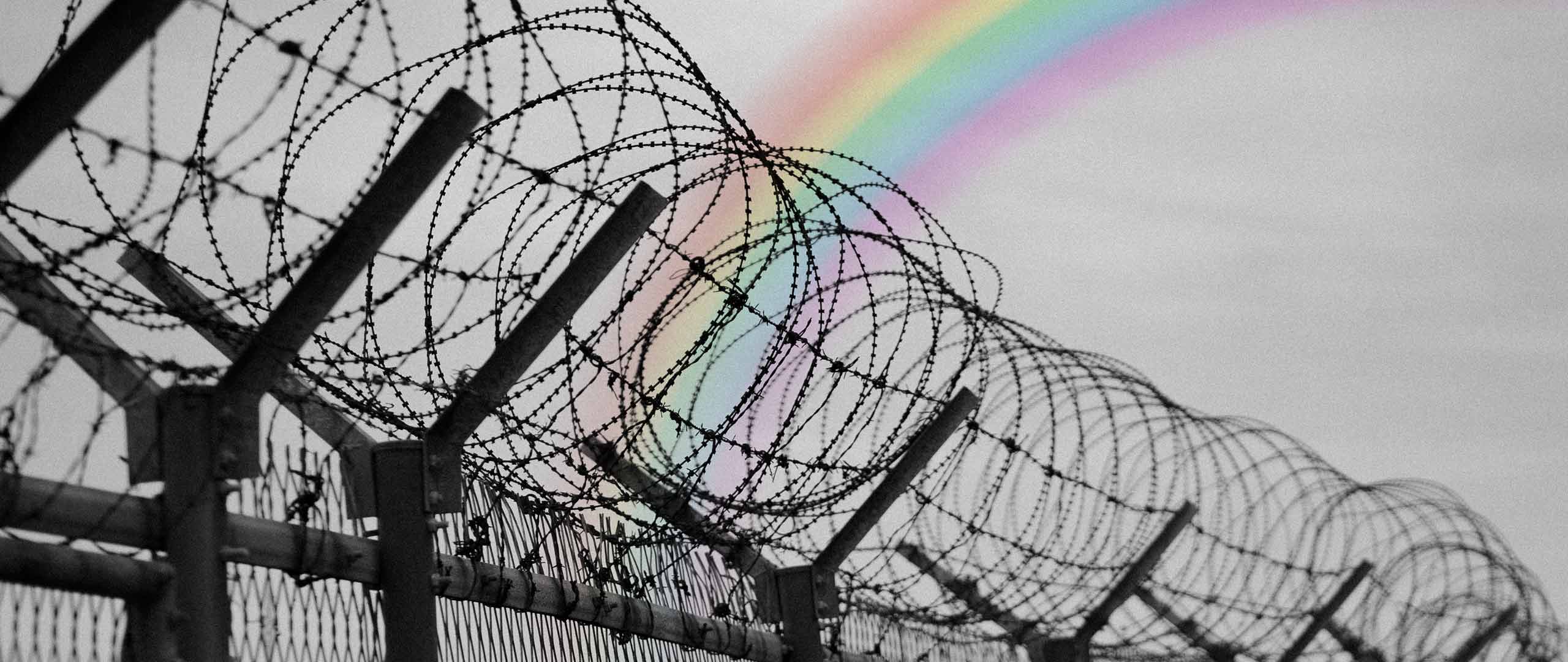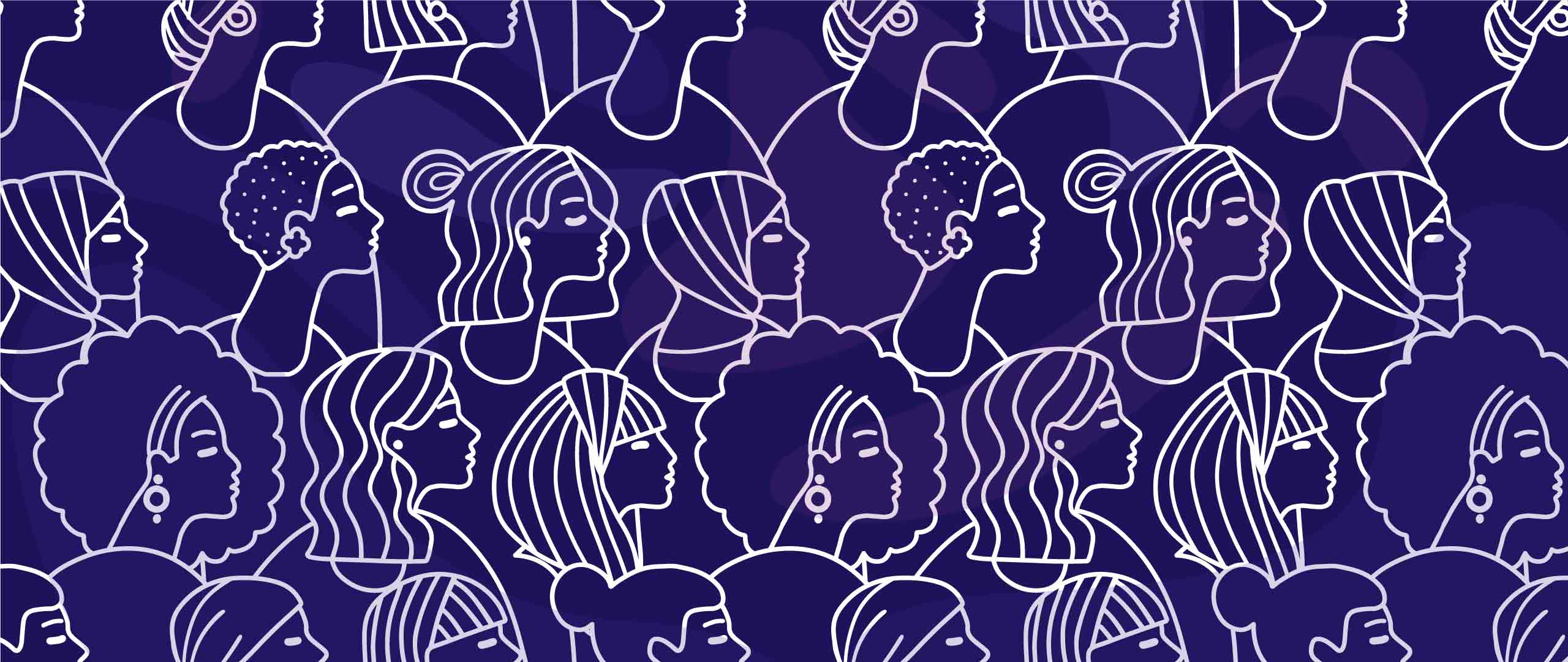International Day for the Remembrance of the Slave Trade and its Abolition: A Look Back at Black History and its Current Generational Trauma
Two days ago, on the 23rd of August, the International Day for the Remembrance of the Slave Trade and its Abolition was observed.
This yearly commemoration celebrates the day on August 23, 1791, when an uprising against the slave trade began in Saint Domingue, now known as Haiti. Haiti was a French settlement and a center of the European slave trade. The uprising set off a revolution against the country's rulers.
As part of this observation, UNESCO launched in 1994 a project called “Routes of Enslaved Peoples.” This project aims mainly at internationally memorializing the slavery tragedy that molded the contemporary world. It provides access to information about the transatlantic slave trade, which held a massive share among all slave trade routes and consequently engendered a large number of victims being transported along with other merchandise in the most inhuman ways possible. The program also tackles this calamity's socio-economic and cultural imprints on the world today.
The Ongoing Impact of Slavery
While the abolition of the transatlantic slave trade and subsequent efforts to eradicate slavery are significant achievements in human rights history, it is critical to understand that the ramifications of this historical tragedy continue to echo across cultures worldwide.
Nathan Nunn a Frederic E. Abbe, Professor of Economics at Harvard University, wrote in the book The Long Economic and Political Shadow of History, Volume II: Africa and Asia, that the evidence accumulated to this point on the impact of slavery trading shows that this event played a major role in molding the cultural and economic aspects of Africa. According to Nunn, it has had an impact on a wide range of critical outcomes, including economic prosperity, ethnic diversity, institutional quality, the prevalence of conflict, the majority of HIV, trust levels, female labor force participation rates, and polygyny.
Researchers also argue that slavery has caused a loss not only in natural resources but also in human resources. Data has shown that if slavery did not exist, there would have been 112 million more Africans. As a matter of fact, during this historical event, many regions in Africa witnessed an outbreak of viral diseases like Syphilis and Smallpox brought by the traders, which caused a significant number of deaths.
Furthermore, according to the article published by UNESCO as part of the Slaves Route Project, “Healing the Wounds of Slave Trade and Slavery”, outstanding studies in psychology, epigenetics, and cognitive psychology have demonstrated that people can carry the generational trauma their ancestors witnessed in the past in their DNA throughout the years. That can also cause descendants of slaves to have an altered perspective on life and how they commemorate history. The subject of slavery still provokes feelings of humiliation and embarrassment in them, linked with slavery's degradations.
It is also worth noting that one of the biggest impacts of this historical tragedy is the prevalence of racism and white supremacy, which can go as far as violence or even murder. The historical view of color and class has fueled many of the extreme decisions and activities that black people have taken to modify their color, such as skin whitening and cosmetic procedures.
Racism can be seen and witnessed everywhere across the globe, as it is not something prevalent only in developed countries
The Tunisian Context
Historically, Tunisia was the first Muslim country to abolish slavery, between 1841 and 1846.
Indeed, two years before the abolition of slavery in the French colonies in 1848, Ahmad Pasha Bey (1837–1855) proclaimed to permanently abolish slavery, which was one of the outward cues of a modernist and reforming movement.
However, lately, many cases of violence have been witnessed in Tunisia against black African migrants, asylum seekers, and refugees. According to the Tunisian chapter of Lawyers Without Borders (ASF), the Tunisian police arrested at least 850 people erratically based solely on racial profiling.
The videos of tortured black people deported through the Tunisian desert taken and published online helped to raise awareness around the issue and motivate NGOs and human rights structures to take immediate action in the matter.
Knowing the history of black and indigenous people is crucial to understanding the origins of racism and white superiority so that we can fight it and stand up for people who are victims of generational trauma that lasted over 400 years.
The article represents the views of its writer and not that of LEED Initiative.
